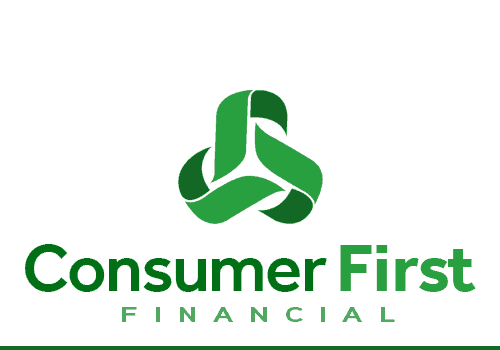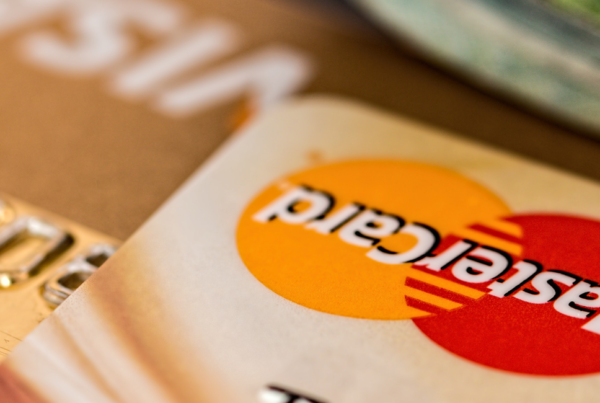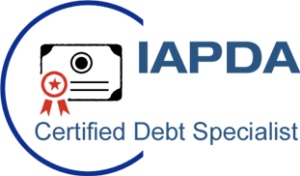
How is my credit score affected if I have multiple credit cards?
A question most commonly on the minds of people who have some degree of outstanding debt. It’s a surprisingly common scenario; consumers sign up for bank cards, store cards, payday loans, etc. They quickly find themselves with multiple lines of unsecured credit.
Now, to be clear, having multiple credit cards in your possession that all carry a zero balance month to month is probably fine. This certainly isn’t helping your credit, but it’s not likely hurting it at the moment either. Though, a potential lender may still see multiple lines of credit as a potential warning sign depending on their lending requirements. This article was created to help consumers understand what it means to have multiple lines of credit, and also discuss debt relief options when it becomes too much. So without further ado, let’s get started:
Why would multiple credit cards hurt my credit?
You are likely one of the many Americans with multiple credit cards. It’s not uncommon to have two or more bank issued cards, a couple store cards, and a debit/credit card. Now is probably a bad time to tell you that having multiple credit cards can sometimes have a negative impact on your credit. The primary factor that affects your FICO is using too much of your available credit. If you have a credit utilization of more than 30% on your multiple credit cards then according to the set criteria of FICO, you can get a decrease in your credit score by a whopping 30%.
Furthermore, the second factor is the ‘hard credit inquiry’ which is performed when you are applying for a credit account or a credit card. According to FICO, every new hard credit inquiry can result in up to five points of decrease in your credit score. Though it is not a permanent drop, it still hurts your credit score for a specific period of time ranging from 6 months to 12 months. A word of advice if shopping for a loan, make your requests all at once rather than spread out over time. This will have less impact on your credit. Most credit agencies will understand you’re shopping for a loan and not penalize you for each individually.
What if my available credit is fine?
First off, you’re in good shape from a payment management perspective. You may have 4 credit cards, but you consistently pay them off each month. If you’re doing this, your credit usage (utilization) remains very low and your credit is unharmed, it could even improve.
But what happens when a major emergency, life change, or other costly event occurs? Having multiple credit cards can easily seems like a good way to “float” these times, but be careful. The interest you pay on unsecured credit is quite high, and multiplied by however many cards you have. It can easily, and quickly become unmanageable.
If you find yourself in this situation, there are options. Often times people think debt relief is reserved for those in collections with debtors breathing down their necks. The truth is, many people earning a decent income utilize debt relief simply to reduce their interest or time of repayment.
Why Credit Card Consolidation May Not Be For You?
Some people find credit card consolidation a good approach to paying off their debt. In a nutshell, makes one large single monthly payment to the consolidation loan. This is in place of paying small amounts on each individual card. But, according to Nerd Wallet, if you have significant debt that exceeds 50% of your total income, then consolidation might not work for you.
Keep in mind, a consolidation loan is still a loan. This is called paying debt with debt. While your single payment is much more manageable, it still carries an interest rate. Consolidation could be a good option for a consumer with several small loans or credit card balances.
For those carrying $10k or more in credit card or other unsecured debt, you’ll need a more robust debt relief payment plan. This plan should focus on a single, no interest payment that you can easily afford and not get yourself into further debt.
Debt Settlement May be a More Viable Approach:
With debt settlement, you don’t have to pay the whole amount of the debt you owe. Instead, a certified debt negotiator works directly with your creditors to reach a reduced settlement amount. So, unlike credit card consolidation where you will have to pay the full amount of debt you owe, a significant amount can be forgiven with debt settlement. In addition, you no longer pay interest on your unsecured debt.
An expert debt settlement company can help you get a substantial reduction in your original debt and eliminate your debt quickly. Like most good things, it comes at a price. Debt settlement will lower your credit temporarily while in a program. If the company is good, they’ll be getting you out of debt quickly, usually a quarter of the time it would have taken you alone. This temporary credit drop recovers as your debts are settled.
Final Words:
The first step is to know your debt and your credit. These two factors, in addition to your income are most important when managing debt. If you have good credit, good income and would simply prefer to pay all your bills in one lump sum monthly, consolidation is probably for you. If you want to eliminate debt for less than you owe, and remove interest rates to increase payback time, look to settlement.
Every individual’s situation is different, and we encourage all consumers to speak to a licensed debt consultant for advice.
Your partner in debt relief,
Consumer First Financial





